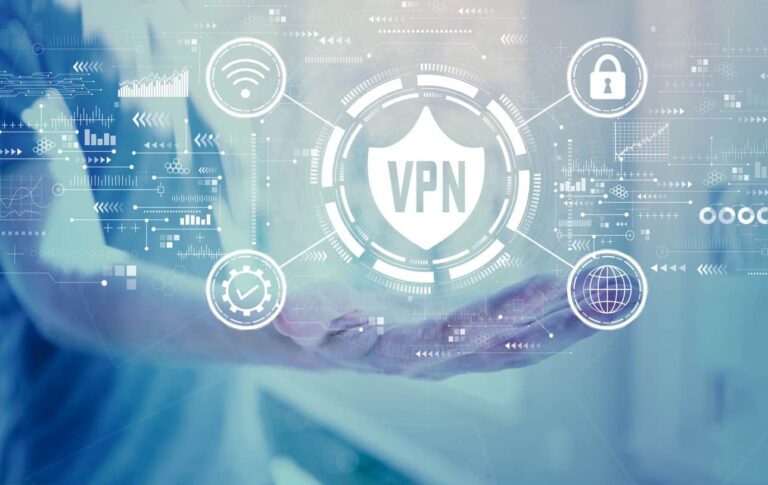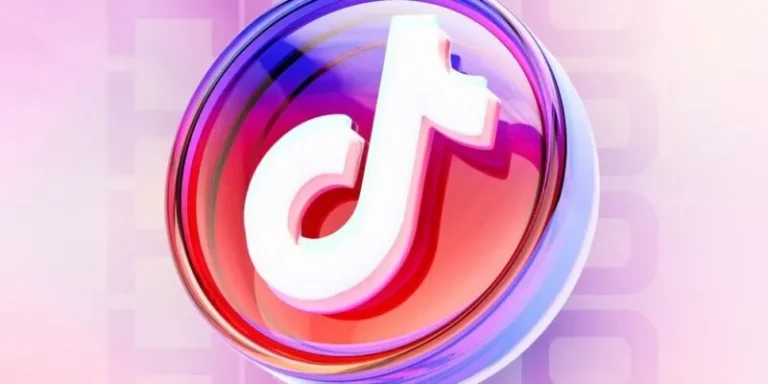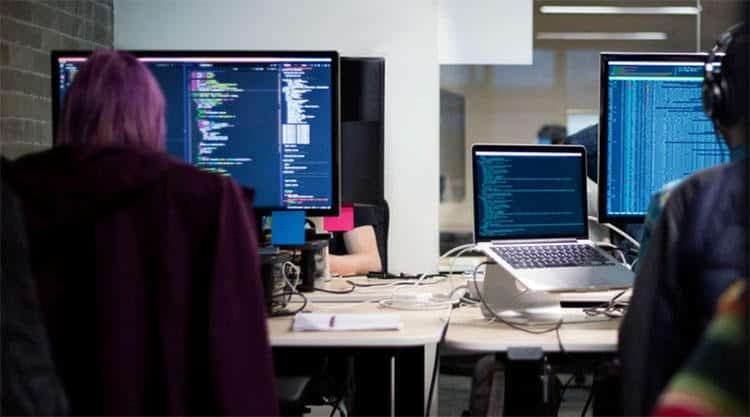AI-Generated Hentai: Exploring the Future
In recent years, the world has witnessed a rapid evolution in artificial intelligence (AI), affecting numerous industries, from healthcare to entertainment. One of the more controversial and intriguing applications of AI lies in the creation of adult content, specifically AI-generated hentai. Hentai, a form of animated adult content originating from Japan, has long been popular among certain communities, and AI’s introduction into this space has opened up a new frontier. In this article, we explore what AI-generated hentai is, how it works, its ethical implications, and the future of AI in adult content creation.
What Is AI-Generated Hentai?
AI-generated hentai refers to the creation of hentai art or animations using artificial intelligence algorithms. Typically, this involves machine learning models trained on vast datasets of hentai or adult illustrations, enabling them to generate new, original works that mimic traditional styles. AI-generated hentai can include everything from simple static images to fully animated scenes, often created with tools that automate the art production process.
While AI art tools have been used for various purposes, the specific use in adult content has generated significant attention due to the explicit and often niche nature of hentai. With the power of AI, creators and developers can now generate thousands of unique images or sequences in a fraction of the time it would take a human artist.
How Does AI Generate Hentai?
AI-generated hentai uses neural networks, particularly Generative Adversarial Networks (GANs), which consist of two parts: a generator and a discriminator. The generator attempts to create new images that mimic real-world hentai art, while the discriminator assesses the quality and accuracy of these creations. Over time, the generator learns from its mistakes and improves its ability to create more realistic or artistically satisfying works.
Steps Involved in Creating AI-Generated Hentai:
- Data Collection: The first step involves collecting vast amounts of hentai artwork to train the AI. This includes both 2D and 3D images, depending on the final product’s desired style.
- Model Training: Using the collected dataset, the AI is trained to understand the specific characteristics of hentai, including color schemes, anatomy, and artistic details. The model learns patterns from the data, enabling it to produce new, unique content.
- Generation: Once trained, the AI model can generate hentai images or animations with varying levels of customization. Users may input specific preferences, such as character traits, settings, or themes, to tailor the output to their liking.
- Refinement: After the initial generation, human intervention is often used to refine and perfect the results. Artists may touch up AI-generated images to ensure consistency or to correct errors the algorithm may have missed.
Why Is AI-Generated Hentai Gaining Popularity?
Several factors contribute to the growing interest in AI-generated hentai:
- Efficiency: AI-generated content is produced far more quickly than traditional hand-drawn or computer-rendered hentai. This speed is particularly appealing to consumers who want a large variety of content on demand.
- Customization: AI tools allow for a high degree of customization. Users can specify the type of characters, scenes, and scenarios they wish to see, resulting in personalized content that would be much more labor-intensive to produce manually.
- Accessibility: Advances in AI have democratized content creation, allowing individuals without formal art training to create high-quality hentai. This has opened up the market to new creators and innovators.
- Cost-Effective: Traditional hentai production, particularly animations, can be expensive and time-consuming. AI-generated hentai lowers the cost barrier for creators, making it possible for even small teams or independent artists to produce content efficiently.
Ethical Concerns Surrounding AI-Generated Hentai
The rise of AI-generated hentai has sparked debates over ethical concerns, many of which mirror the larger discussions around AI and adult content. Some of the major concerns include:
- Consent: As AI technology becomes more sophisticated, there is a risk that it could be misused to create non-consensual content involving real or fictional individuals. The line between fantasy and violation of privacy becomes blurred, raising concerns about the exploitation of AI-generated avatars or likenesses without permission.
- Copyright and Art Theft: AI-generated hentai relies on data from existing works, which can sometimes raise issues of copyright infringement. If AI models are trained on unlicensed hentai art, they may produce content that closely mimics or reproduces copyrighted material, sparking legal disputes.
- Impact on Human Artists: AI-generated hentai has the potential to disrupt the traditional hentai industry, where human artists and animators have long been the primary creators. Some worry that the use of AI will devalue human labor, pushing artists out of the field as consumers increasingly turn to AI-generated alternatives.
- Cultural Sensitivity: Hentai, as an art form, often engages with themes that can be controversial or taboo. When AI is used to generate content that explores these themes, it can lead to questions about the cultural and moral implications of producing certain types of content on an industrial scale.
The Future of AI-Generated Hentai
The future of AI-generated hentai is both exciting and uncertain. As AI tools continue to advance, the quality of generated content is expected to improve, potentially reaching a level where it becomes indistinguishable from traditionally produced hentai. This opens up possibilities for creators to experiment with new forms of storytelling, art, and animation.
However, the ethical and legal issues surrounding AI-generated adult content are likely to continue evolving. Regulators may step in to create frameworks around the use of AI in adult art, particularly to address concerns about consent, exploitation, and intellectual property.
Conclusion
AI-generated hentai represents a unique intersection of technology and adult entertainment. It offers incredible potential for innovation in content creation, allowing for faster production, customization, and greater accessibility. However, it also presents significant ethical challenges that must be navigated carefully. As AI-generated hentai becomes more mainstream, ongoing dialogue will be crucial to ensure that this new frontier respects both legal boundaries and the broader societal implications of using AI in adult content production.






